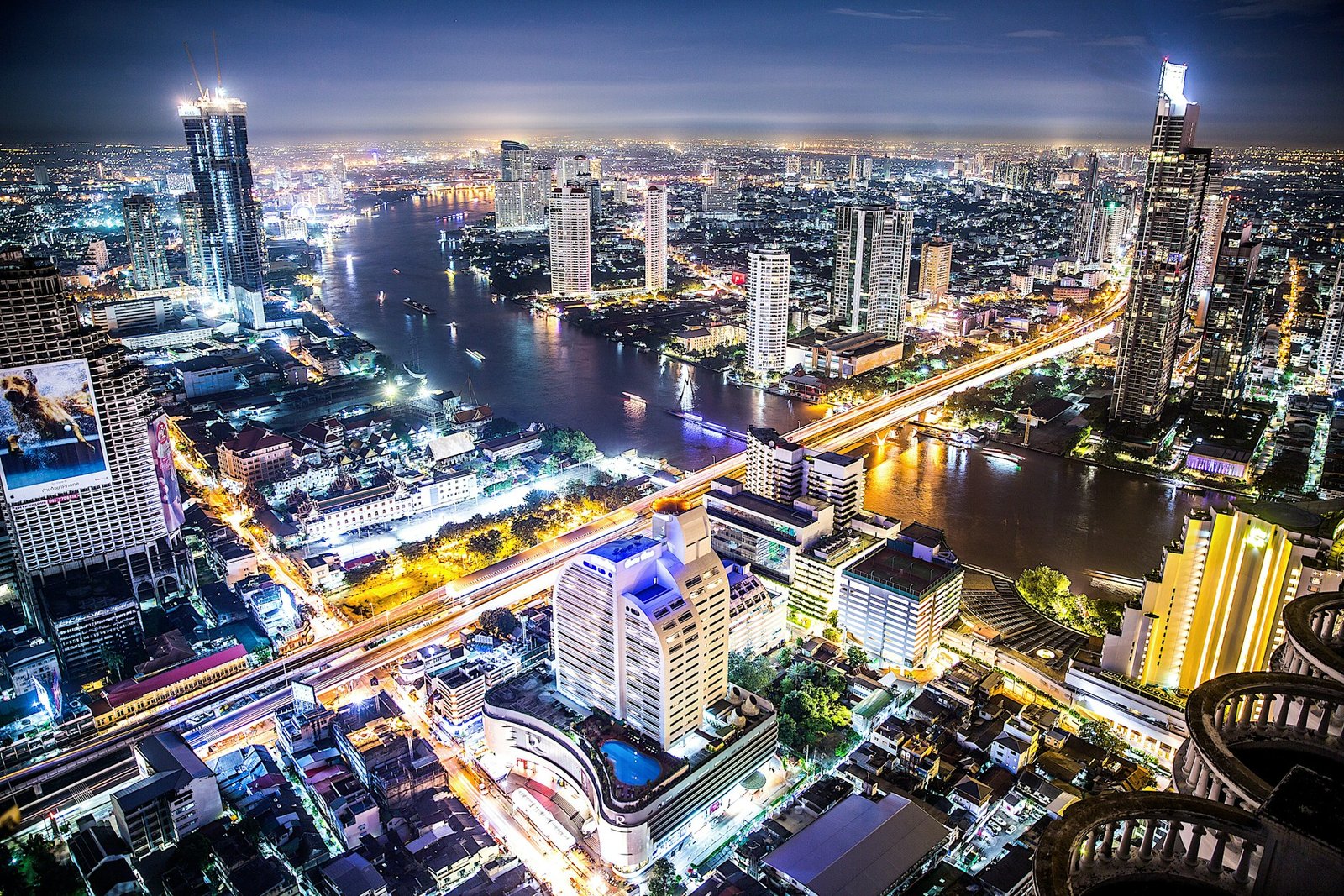The Destination Thailand Visa: A Comprehensive Guide
What is digital nomad visa?
“Digital nomads” represent a lifestyle trend that has gained prominence in the 21st century. With the advancement of information technology, an increasing number of professionals—such as IT workers, media personnel, language teachers, and freelancers—have broken free from traditional office settings. They now have the ability to work remotely from any location worldwide with internet access. This concept of remote work gained significant traction, especially before and during the pandemic.
Once liberated from office constraints, some remote workers choose to embrace a unique lifestyle: they carry their bags and travel to various destinations while continuing to work remotely. These individuals, known as “digital nomads,” experience a blend of exploring new cultures and working from different corners of the world.
To attract digital nomads and promote tourism and emerging industries, governments in at least 65 countries and regions worldwide have introduced specialized digital nomad visas. These visas typically have the following characteristics:
1. Applicants must be remote workers with stable monthly income and cannot be employed locally.
2. Digital nomad visas are essentially extended travel visas, often valid for one year and allowing residence for up to two to four years in the destination country without the option for permanent immigration.
However, in some Latin American and Southern European countries—such as Portugal, Spain, Uruguay, and Ecuador—digital nomads can eventually obtain local permanent residency or even naturalization after accumulating a certain length of stay.
For more information on digital nomad visa programs, explore the details in our “Global Digital Nomad Visas | An Incomplete Handbook” on this websites.
The Destination Thailand Visa: An Overview
As of May 28, 2024, Thailand has rolled out its new Destination Thailand Visa (DTV), specifically designed for digital nomads. This five-year visa allows holders to stay in Thailand for up to 180 days at a time. Each renewal will cost 10,000 Thai Baht, roughly $310 USD.
To qualify for the DTV, applicants need to meet a few key requirements:
1. Age and Background: You must be at least 20 years old, in good health, and have no criminal record.
2. Financial Stability: You’ll need to show a bank deposit of at least 500,000 Thai Baht (around $15,500 USD) and be able to cover the one-time 10,000 Thai Baht application fee.
3. Who Can Apply? The DTV is open to two groups:
Digital Nomads: Individuals who work remotely for companies or employers based outside of Thailand.
“Soft Power” Participants: Foreigners coming to Thailand to engage in courses that promote Thai culture and traditions, such as Muay Thai boxing, culinary arts, traditional Thai medicine, or music.
DTV Visa Status:
As of 2025, a year since its launch, Thailand’s Destination Thailand Visa (DTV) program has successfully attracted over 35,000 applicants from around the world.
However, this new initiative hasn’t been without its administrative hurdles. Several visa holders have reported difficulties when trying to open or maintain bank accounts in Thailand, often being asked for an extensive amount of documentation. Others have faced issues when attempting to extend their stays, sometimes having to leave the country and re-enter to reset their permitted duration.

Application Process:
Currently, there are two ways to apply for the Destination Thailand Visa (DTV):
In-person: Gather all required documents and schedule an appointment for an interview at your nearest Thai embassy or consulate.
Online: Submit your application through the official Thai e-visa platform.
Keep in mind that visa fees can vary by consulate. Additionally, some consulates may not accept DTV applications from individuals who are not permanent residents in their jurisdiction. It’s a good idea to contact the embassy or consulate in advance via phone or email to confirm their requirements and book your visa appointment.
Here’s a breakdown of the required documents for the DTV program:
Applicant Identification: This includes valid passports for all primary and dependent applicants, recent passport-sized photos taken within the last six months, and proof of relationship for dependents (e.g., birth certificates, marriage certificates).
Financial Proof: You’ll need to demonstrate at least 500,000 Thai Baht in deposits, along with other income verification documents like bank statements.
Current Address: Proof of your current residential address.
Eligibility Documentation: You’ll need to provide evidence that you’re either a remote worker or planning to participate in a Thai soft power program.
Dependents:
With the Destination Thailand Visa (DTV), the primary applicant’s spouse and children under 20 years old can also reside in Thailand as dependents.
Visa Validity:
The Thailand Destination Visa is valid for five years, allowing holders to stay in Thailand for up to 180 days per single entry.
Like most digital nomad visas, the DTV is a non-immigrant visa. While it can be renewed, it does not provide a pathway to apply for permanent residency or citizenship in Thailand.